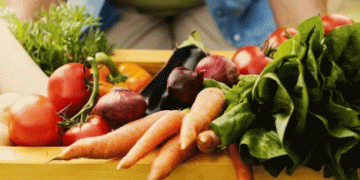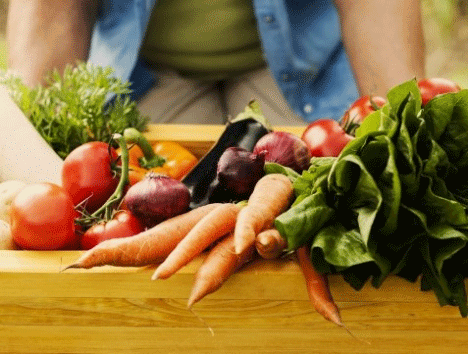Italy’s Organic Sector Under Threat: Imported Products Surge by 40%
Italy, a European leader in organic agriculture, is grappling with a sharp increase in imported organic products. According to Coldiretti Bio, these imports surged by 40% in 2023, creating challenges for the Italian organic sector which prides itself on high quality and rigorous standards.
Surge in Imports and Its Implications
Import Data and Market Impact
Recent data from the Italian organization Coldiretti highlights that imports of organic food products from non-EU countries rose from 177 million kilograms in 2022 to 248 million kilograms in 2023. This increase comes despite a 9% decline in overall EU imports, marking Italy as the fourth-largest importer of organic goods in the EU, surpassing France.
The rise in imports poses a dual threat: it not only jeopardizes the market share of Italian organic products but also raises concerns about the quality and safety of these imported goods. Coldiretti Bio points out that many of these imports lack clear labeling of origin and often do not meet the same quality standards as domestic products.
Impact on Italian Organic Agriculture
Despite a 4.5% increase in Italy’s organic farming area, which now covers 2.46 million hectares, the influx of cheaper foreign products could undermine this growth. Italy’s organic sector, which has become a significant part of the country’s agricultural identity, faces the risk of becoming more reliant on imports rather than continuing as a leading producer.
Record Increase in Organic Vegetables
The import of organic vegetables alone saw a record increase of 84%, with over 24 million kilograms arriving in Italy in 2023. This amount represents more than half of the total organic vegetable imports to the entire EU. This surge further emphasizes the growing competitive pressure on Italian organic producers.
The Call for Action
Protecting Domestic Producers
Maria Letizia Gardoni, President of Coldiretti Bio, stresses the urgent need to elevate the value of Italian organic products and to enforce stricter regulations to level the playing field. She advocates for the implementation of the conformity principle for imports, ensuring that all organic products meet the same stringent standards as those applied within the EU.
Gardoni highlights the necessity of combating unfair competition from low-cost imports and preserving the integrity of the Italian organic sector. Strengthening the protection for Italy’s 84,000 organic businesses is crucial for maintaining the high standards and competitive edge of Italian organic products.
Italy’s organic sector is facing significant challenges due to a 40% increase in imports of organic products, raising concerns about quality and market stability. As Italy continues to lead in organic farming within Europe, it is imperative to implement stricter regulations and protect domestic producers to maintain the integrity and growth of the sector.































